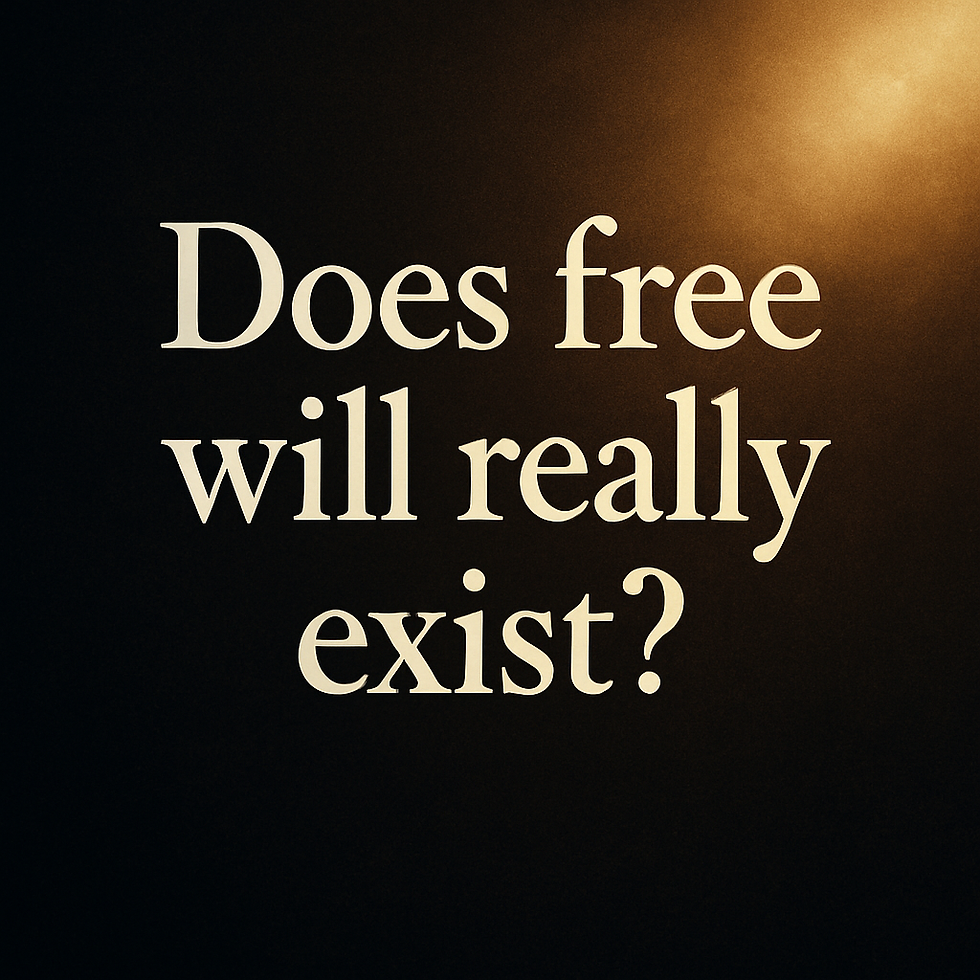Kindness, Truth, and the Courage to Be Real
- Katiana Cordoba

- Apr 25
- 3 min read
Reflections on the phrase: “It is better to be kind than to be right.”

There’s a phrase you may have heard—“It is better to be kind than to be right.”It’s simple, wise, and undeniably beautiful. But like many beautiful things, it holds a deeper truth beneath its surface—one that is often overlooked.
Because sometimes, in our desire to be kind, we end up abandoning what is true.
We silence ourselves.We nod when we should speak.We smile when something inside is hurting or uncomfortable.We agree—not out of alignment, but out of fear that disagreement will make others uncomfortable or disappointed.
This isn’t kindness.This is self-erasure.And it’s very different from love.
Real kindness is not the absence of truth. Real kindness includes truth.
When we think kindness means shrinking ourselves to make space for others, we are not being kind—we are being afraid. Afraid of not being liked, not being accepted, not being seen as good. And so we collapse ourselves to keep peace, to avoid tension. But in doing so, we neglect our own heart.
This is especially true for those of us who identify as “good people,” as helpers, healers, givers. We often confuse “being kind” with saying yes to everything, avoiding conflict, and keeping everyone else comfortable—even if it costs us our voice.
But here’s the thing:Love begins with you.
If you cannot express your truth—your needs, your boundaries, your disappointments—then something essential is being denied. And when you deny your truth long enough, it doesn’t just go away. It turns inward. It becomes resentment. It becomes self-abandonment. And eventually, it attracts others who do the same: people who dismiss your needs, cross your boundaries, and don’t hear you—because you’ve unconsciously modeled that behavior for them.
This is why we need to be careful with that phrase, “It’s better to be kind than to be right.”Because sometimes, doing the right thing is the kind thing.
Imagine you buy a product, and when you go to pick it up, it’s not what you ordered. You have two options:
You can say nothing and take it—because you don’t want to make anyone uncomfortable.
Or you can speak up and say, “This isn’t what I paid for,” with clarity and calmness.
Both can be done kindly.But only one honors truth.
It’s not about being harsh, aggressive, or confrontational. You don’t need to be unkind to be true. In fact, the most powerful form of kindness often comes through honesty, through clear, respectful self-expression.
Authenticity is not the opposite of kindness. It is the foundation of it.
And yet, wisdom is knowing when to speak and when to be silent.There are moments when insisting on being “right” serves no purpose—when the other person is not receptive, when the truth would only inflame rather than heal. In those moments, silence becomes a sacred act, not one of suppression, but of discernment. You are not silencing yourself—you are choosing peace, because peace serves the whole.
But again, the key is awareness.
We must ask ourselves:Am I staying quiet out of love or out of fear?Am I expressing myself to bring clarity, or to assert superiority?Is my kindness coming from strength—or from a hidden sense of unworthiness?
When we choose to express ourselves from a grounded, loving place, we honor both truth and kindness. We no longer split them into opposites.
There is a path in the middle—a balanced, conscious space—where kindness flows from truth, not away from it. Where we speak not to win, not to be “right,” but to be real. To be in alignment. To love ourselves and others, without abandoning either.
So perhaps the real teaching isn’t to choose between being kind or being right…But to choose what is real, and to express it with kindness.
Because truth without love is harsh.And love without truth is hollow.But truth expressed through love—that’s healing.
That’s what raises our vibration.That’s what makes us free.
Katiana




Comments